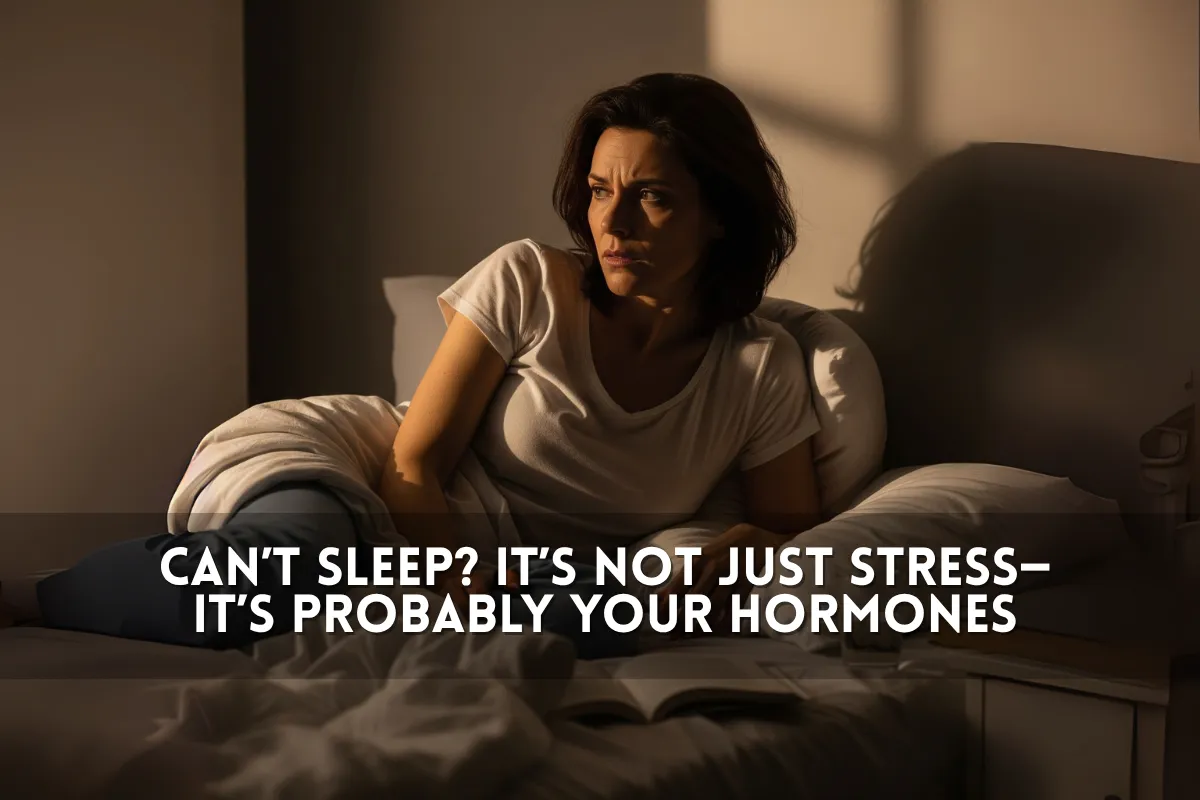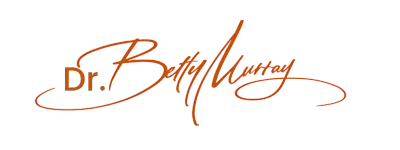
Can’t Sleep? It’s Not Just Stress—It’s Probably Your Hormones
Can’t Sleep? It’s Not Just Stress—It’s Probably Your Hormones
You used to fall asleep the moment your head hit the pillow. Now? You’re staring at the ceiling at 2am, wide awake, brain racing, wondering what happened to my sleep? If you’re in your 40s or 50s and insomnia has taken over your nights—and wrecked your days—you’re not alone. And you’re not imagining things.
Let’s call it what it is: a hormone-driven sleep crisis.
What Is Insomnia (and Why Is It Attacking Now)?
Insomnia isn’t just the occasional restless night. It’s a full-blown disruption of your ability to fall asleep, stay asleep, or wake up feeling rested. It messes with your focus, your mood, your energy, and your immune system. And guess who it loves to pick on?
Women in midlife.
Why? Because your hormones are the real puppeteers here.
The Hormone–Sleep Connection No One Talks About
Let’s be clear: insomnia has lots of triggers—stress, meds, pain, even bad habits—but if you’re a woman 40+, the root cause is likely hormonal chaos.
Here’s how it works:
Progesterone, your calming, sleep-supporting hormone, starts declining first in perimenopause. It enhances GABA, the neurotransmitter that helps you stay asleep. When it drops? You’re wide awake at 3am, wired but tired.
Estrogen helps regulate body temperature, mood, and serotonin (your sleep-promoting happy chemical). When estrogen fluctuates or tanks, you get night sweats, hot flashes, anxiety, and restless sleep.
Cortisol, your stress hormone, spikes when you’re sleep-deprived or under pressure (and who isn’t?). High cortisol at night equals a racing mind and shallow sleep.
Melatonin naturally declines with age, and blue light from screens suppresses what little you have left—making it harder to fall asleep in the first place.
Is It Primary or Secondary Insomnia?
Primary insomnia has no medical cause—it often comes from stress, anxiety, trauma, or poor sleep hygiene.
Secondary insomnia is caused by something else: pain, medications, hyperthyroidism, GERD, or yes—hormonal imbalances.
In reality? Hormones are almost always part of the story.
Symptoms You Can’t Ignore
If this sounds like your life lately, pay attention:
Can’t fall asleep, or wake up multiple times a night
Early morning waking (hello, 4:45am)
Daytime brain fog, irritability, or low mood
Trouble focusing, forgetfulness
Fatigue no amount of coffee can fix
Increased anxiety or depression
This isn’t “just aging.” It’s your body asking for support.
What Actually Helps?
Sure, the basics matter—sleep hygiene, dark rooms, no caffeine after 2pm, magnesium, meditation—but for hormone-driven insomnia? We need to go deeper.
Here’s what functional medicine does differently:
✅ Test estrogen, progesterone, cortisol, and thyroid function
✅ Consider bioidentical hormone therapy (BHRT) to restore sleep-regulating hormones
✅ Address adrenal health and stress resilience
✅ Use lifestyle shifts that support your natural circadian rhythm
✅ Supplement with melatonin (if needed), GABA support, or amino acids like L-tryptophan
✅ Clean up your sleep environment and build a routine that actually works for your body
And yes, sleep meds can be helpful for short-term relief—but they’re not a root cause solution. BHRT often provides the missing foundation for restful, natural sleep.
You Deserve Rest That Actually Restores You
If you’re dragging through your days and lying awake most nights, your sleep problem might be a hormone problem in disguise. You don’t need to just “get used to it.”
👉 Book your consult now at getmerva.com
👉 Let’s get your sleep—and your life—back on track with a personalized hormone-based plan.


